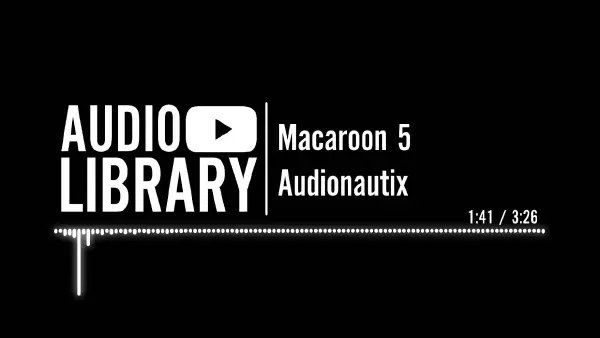
The original sense of genius references birth and generation, and seems to suggest that genius, which is to say, as defined today, an individual of exceedingly exceptional intellect - consider a Nobel Prize winner or brilliant celebrity - is a crystalline property that results purely from birth and simple is or isn't.
A proponent of fluid intelligence would argue the brain, while still subject to natural constraints, is adaptive and can experience incredible growth given optimal conditions.
This latter proposition is also evident in the etymological reference below to 'attendant spirit.'
While the relationship between the word genius and its adaptation into English as genie does not appear to be a considerable factor in the contemporary definition of genius, it does impart the notions of 'pleasant' and 'festive,' which are again also present in John Ayto's etymological definition.
We can derive from all this the idea that genius is a function not only of birth, but also of spirit, practice, and mirth.
Which is to say, to some extent, everybody can be a genius.
Ask yourself what is your genius?
Is your spirit inquisitive, mirthful, and energetic?
Are you growing intellectually?
What can you do to release your inner genie from its natural constraints?
Make a list of 5 things you do exceptionally well
If it were true that you were only doing the five things you do exceptionally well at a fraction of your potential, what could you change about your attitude or spirit that could improve your genius?
Start those changes now!
Genius
"Latin genius originally meant deity of generation and birth. It came ultimately from Indo-European base *gen-, 'produce,' (source of English gene, generate, genitive, etc), probably visa derivative *gnjos. It broadened out considerably in meaning, initially to attendant spirit, the sense in which English originally acquired it (French took it over as genie, a word which, because of its phonetic and semantic similarity to Arabic jinn, 18th-century translators of Arabian nights eagerly adopted into English as genie). The main modern English sense, person of outstanding intellectual ability, which dates from the 17th century, goes back to a comparatively rare Latin intellectual capacity, Genial comes from Latin genialis, a derivative of genius, which again originally meant of generation and birth (a sense which survived into English: And thou, glad Genius! in whose gentle hand the bridal bower and genial bed remain, Edmund Spencer, Epithalamion 1959). It later developed in Latin to pleasant, festive."
~ John Ayto, “Dictionary of Word Origins”













